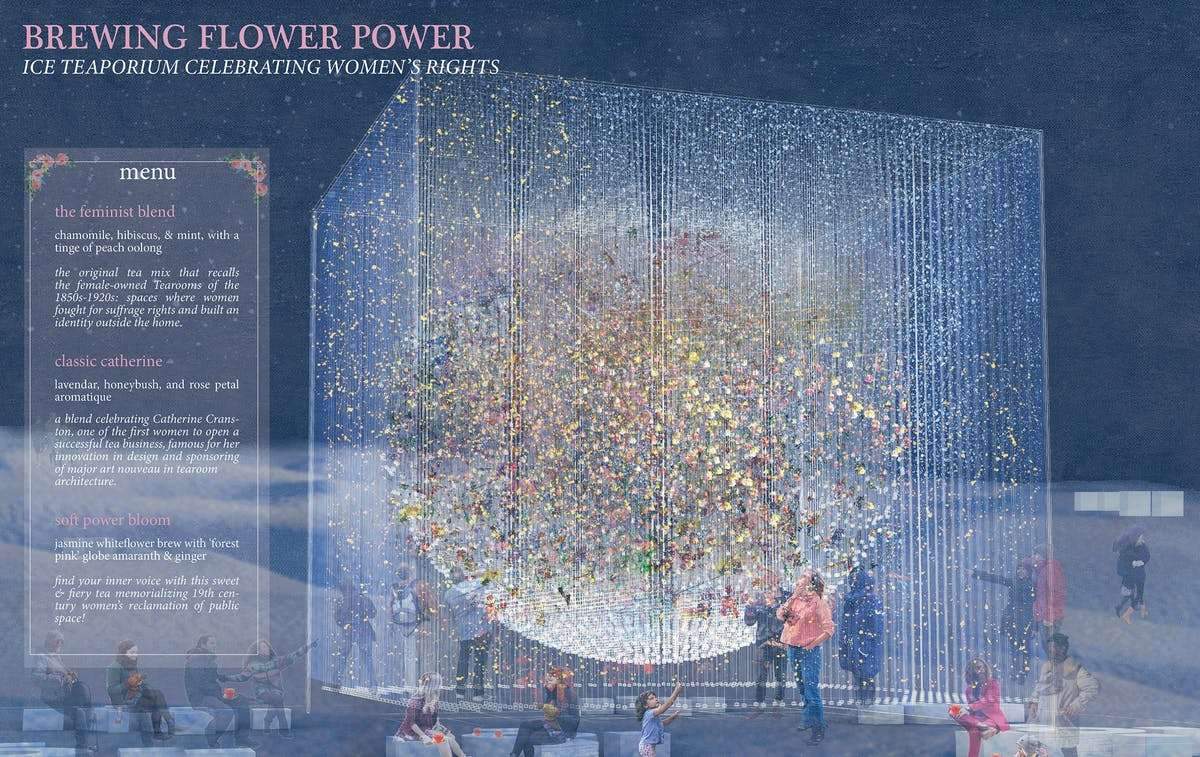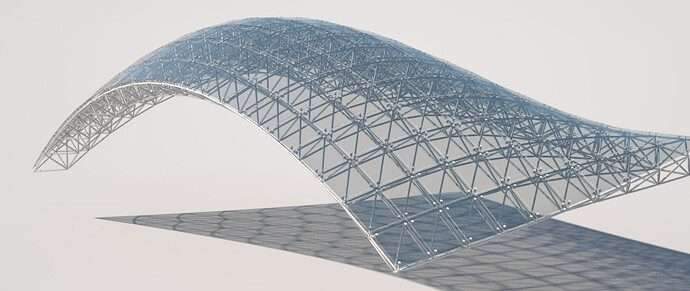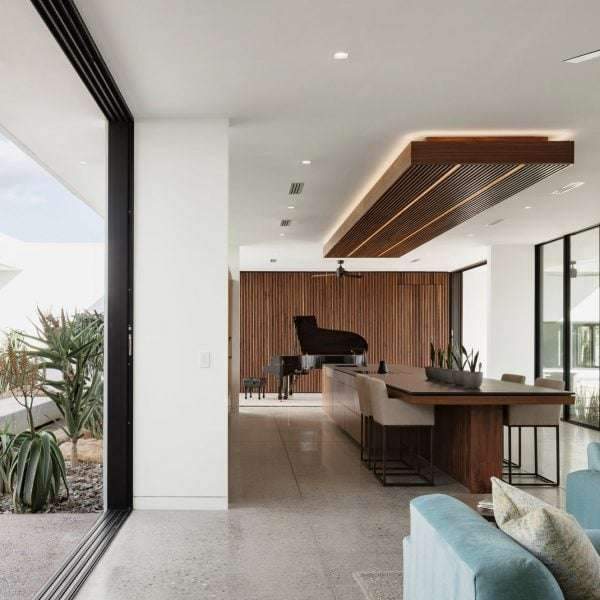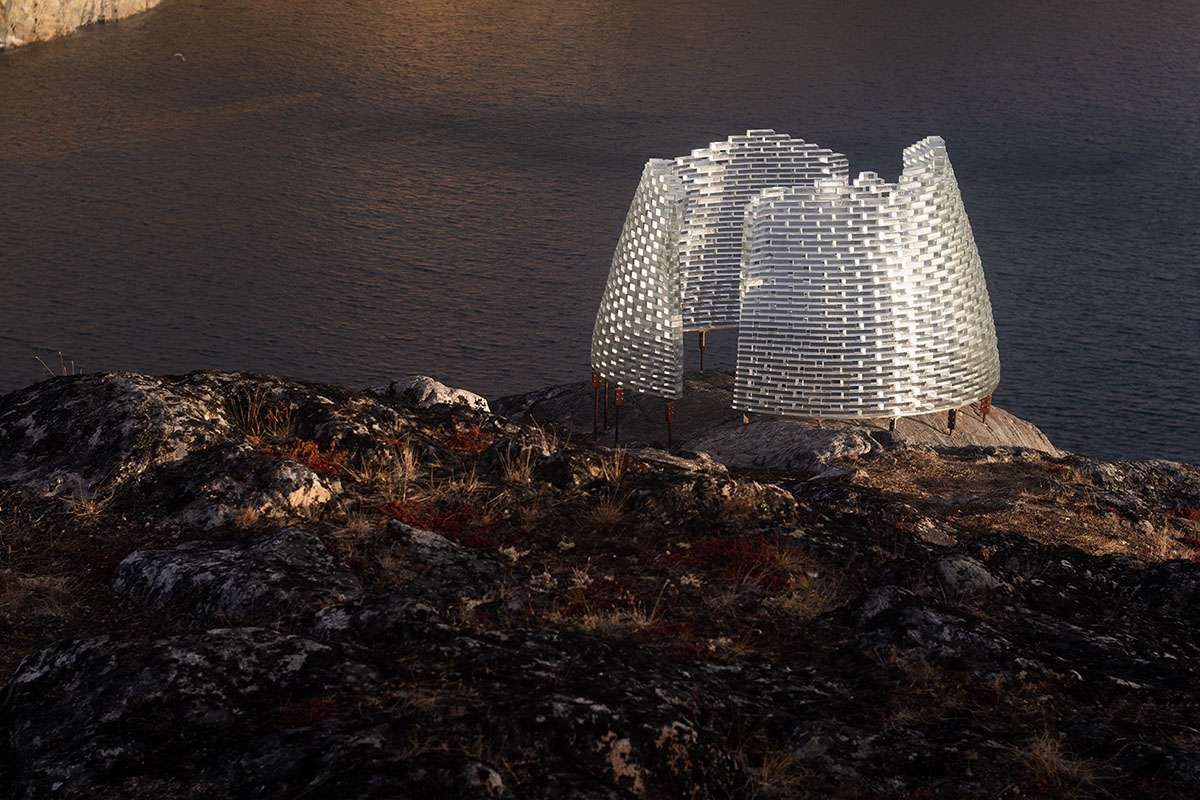Launched in October 2020, the CBDX: CITIES FOR ALL competition is an initiative led by the varsity to tackle larger issues within the planning community and foster innovative changes for the longer term of city building. hosted by the School of Architecture, Planning, and Landscape (SAPL) at the University of Calgary asked participants, “how might matters of equity and activism, ecology and environment, and health and wellness converge, and unfold, within our future cities?”
The results of the competition led to 145 design submissions from 108 cities representing 26 different countries.The three winning projects will receive $2,000 (CAD), publication within the inaugural CBDX issue, and their work exhibited during a curated exhibition led by the varsity .
“Process not Product” by Mattie Wong

Project Description: “What would a design school for education appear as if if our history was properly faced and future possibilities embraced without fear? This project delves into these questions while proposing a campus that responds to and meets the requirements of the community within the Anacostia neighborhood in Washington, D.C.”
“Brewing Flower Power” by Diana Guo, Joanne Li, Tian Wei Li

Project Description: “Recalling the geometries of the primary tearooms travel by women, like the Willow Tea Room within the U.K. and therefore the condiments that accompany tea beverages (ice and sugar cubes), our cubic pavilion may be a Winter Teaporium celebrating the important role of tearooms in advancing women’s rights and therefore the feminist claim to public space since the 1800s.”
“2050 Lagos Amphibious City” by Gi Chul Choe, Joanne Li

Project Description: “2050 Lagos: Amphibious City” envisions a replacement Lagoon City along the inside coastline of Victoria Island that ensures equitable housing and food security for both displaced and existing populations under global climate change and therefore the pandemic.
Assistant professor Alberto de Salvatierra, inaugural faculty lead and jury chair explained, “Cities—which often ossify systemic inequities through the built environment — became the fulcrum upon which movements for equity and justice have found increasing leverage. Solutions must come from, and be for, everyone. This competition provides a platform to spotlight how architects and designers might address underrepresented and marginalized voices.”
To view all the winning projects, including honorable mentions and finalists click here.







